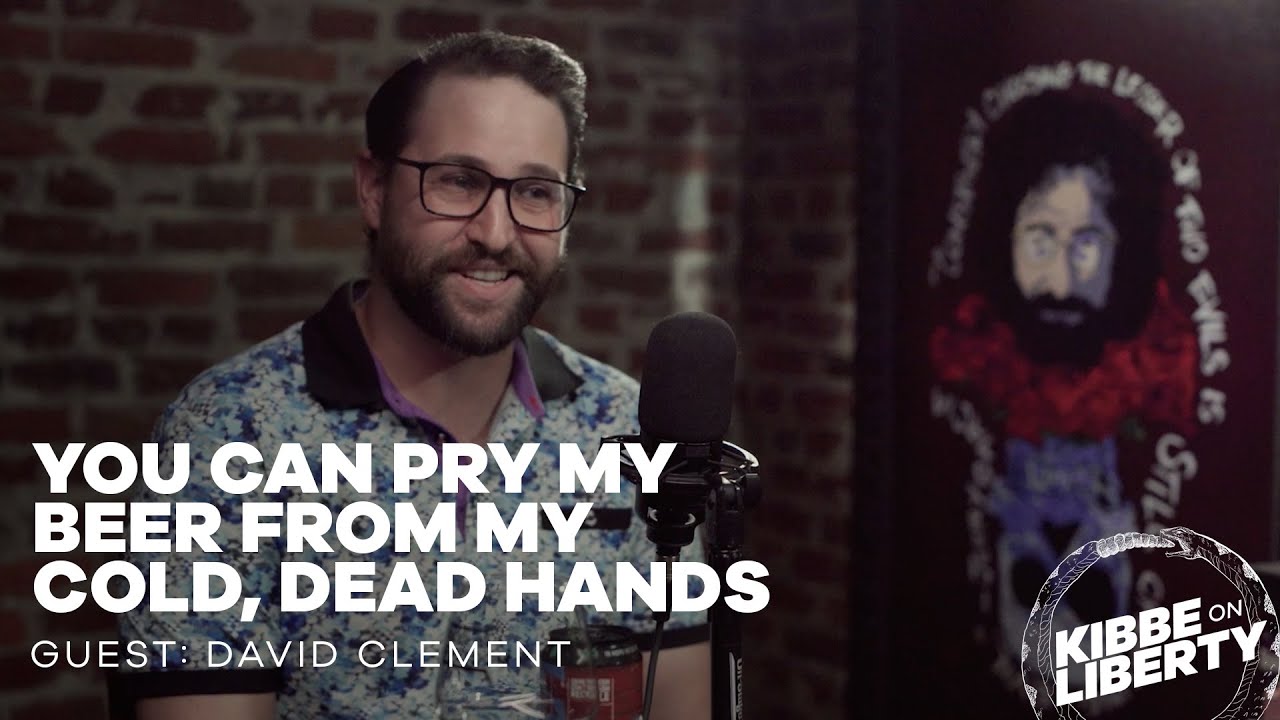
Why Does It Take Thousands of Hours to Teach How to Braid Hair?
There are those who should not be behind the wheel of a car, so the state issues driver’s licenses—that’s fair. And sure, nobody would want to discover their doctor is unqualified mid-procedure, so issuing medical licenses also makes sense. Likewise, shoddy design and construction of buildings could have detrimental effects—chief among which are structural failure, total collapse and death. So, yes, structural engineers and architects must be licensed.
But can someone please explain to me why is it necessary to spend thousands of dollars, and hundreds of hours of training, just to teach people how to braid hair? Such unreasonable occupational licensing requirements stifle economic growth, hinder people’s ability to work and do next to nothing to improve public safety.
Mississippi native Melony Armstrong had to take a 300 hour course on “wigology” before she could start her natural hair braiding business. The expensive course didn’t even cover braiding hair. Later, when she wanted to teach hair braiding, she learned she’d have to take a 3,200 hour course on how to be a cosmetology instructor. Guess what the course didn’t cover. In 2004, Melony filed a civil rights lawsuit against Mississippi to great effect: Today it costs $25 to register with the state as a professional hair braider.
Today, we need more of this kind of change. It’s not just high stakes professions that require years of education and experience that require a license anymore. Interior designers, cosmetologists, and even florists are required to get a license. This isn’t just a $10 fee or five hour class either; the coursework can cost thousands of dollars or more and require hundreds of hours—sometimes even thousands—to qualify for licensing. On top of these nonsensically high fees and requirements, is a convoluted network of constantly changing regulatory barriers that invariably have the same effect: Applicants who can least afford not to work, are barred from the labor market.
Sometimes it’s past petty crimes that get in the way of an applicant getting the job they want. Consider Courtney Haveman’s story. After spending hundreds of hours and thousands of dollars training to become a cosmetologist in Pennsylvania, her application for a license was rejected. She had an 8-years-old DUI on her record. To the state of Pennsylvania that meant she lacked the “good moral character” requirement to be a cosmetologist.
Courtney can be a barber—cutting, shampooing, and styling hair. But applying makeup? That’s off limits—a threat to public safety.
Making things all the more frustrating, a brief glimpse at the last two decades shows licensing does little to prevent misconduct. In 2002, there were over one hundred bodies found in the woods near a crematorium in Georgia. The manager of the crematorium was licensed, and he told authorities at the time that the incinerator was broken.
Bernie Madoff created a Ponzi scheme and was eventually ordered to pay $170 billion in restitution to the victims, after his theft was discovered in 2008. He obtained several securities licenses, which didn’t stop his twelve-figure illegal business. In fact, he remained licensed by the SEC at least until 2012.
Most recently, “Big 4” Accounting firm, Ernst & Young, was hit with a one hundred million dollar fine by the Securities and Exchange Commission (SEC) for over fifty employees cheating on the CPA Ethics Exam, and over one hundred others cheating on their continuing education exams. There appear to be no threats of throwing licenses away of the CPAs who passed with the shared answer key to become an auditor, there appears to be no issues against the firm’s standing as a leading audit and accounting firm.
Occupational licensing laws do little to stop fraud, crime, or bad behavior. All they do is prevent working class people from making a new life for themselves. It’s time for reform.
Free the People publishes opinion-based articles from contributing writers. The opinions and ideas expressed do not always reflect the opinions and ideas that Free the People endorses. We believe in free speech, and in providing a platform for open dialogue. Feel free to leave a comment.



